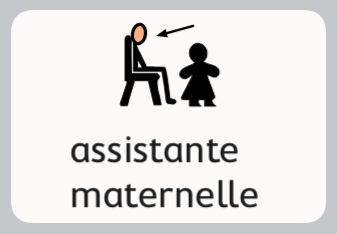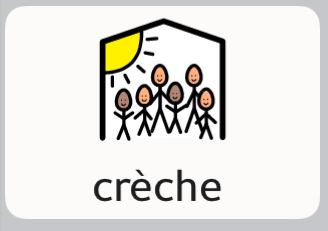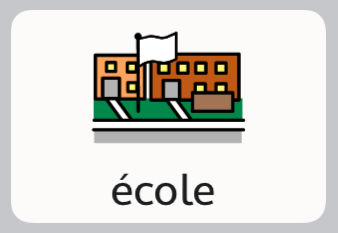Know Your Rights
Dernière mise à jour 29 août 2021
Table of contents in this topic:
- Introduction
- First Thing To Do After The Genetic Diagnosis. Don’t delay in requesting for 100% support!
- The Journey Begins: MDPH and Disability Recognition.
- Schools: What Are We Entitled To?
- Schools, what are we entitled to? (page 2)
- The rights of the “voiceless”.
- Technical equipment and their support by from social security. (coming soon)
- Social investigations, psychological and emotional trauma: how to cope and what are your rights? (coming soon)
In this section, we present a report on the rights of a person with invdupdel8p, from a legal and medico-social point of view. Everything we talk about is based on real experiences of our “8p” families. However, the many administrative steps in the life of a person with a serious illness or any disabling illness, whether ” invdupdel8p ” or otherwise, are quite universal in France.
We wish you good reading and advise you to return to this page regularly to read the updates. This page will be maintained over time with the new experiences that our “8p” families are experiencing, as well as in line with the legal evolutions that may take place. If you have any questions, or you have found an error in our information, please do not hesitate to contact us or report us! Thank you very much.
First Thing To Do After The Genetic Diagnosis
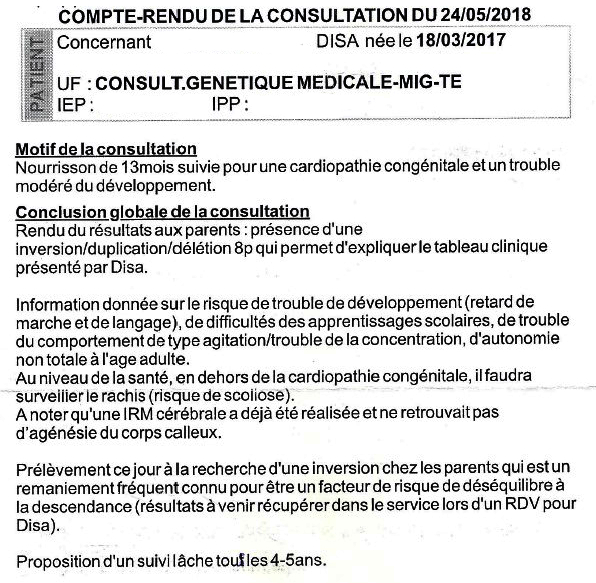
Whether you have just received your diagnosis, or you are taking a look at this site, but you have had the genetic diagnosis for a long time, the laws evolve regularly. It is a good habit to keep informed with official reference sources (such as service-public.fr, ameli.fr, ars.sante.fr, etc.) and to supplement with the real testimonies of those, like us, who are experiencing the implementation – or not – of the rights, in particular, of people with disabilities.
You have waited so long for the appointment to the geneticist to learn more about genetic discovery. In the office, you learn that there is a reshuffle on the eighth chromosome (and perhaps elsewhere, for some cases). Despite the shock that this can cause, do not leave before talking about 100% care!
Some of our “8p” families were not offered this medical and administrative formality early enough, or even, some have even suffered attempts to deter it by the doctor, whereas with such a diagnosis, you are fully entitled to obtain it. Failing not to ask or be offered 100% coverage, you expose yourself to costs directly and indirectly related to the various care for the person with invdupdel8p, for example:
- what remains to be charged for consultations with various medical specialists,
- additional costs for hospitalization and/or surgery,
- medicines or other pharmaceutical products (i.e. fortified baby milk),
- the cost of transport to take your loved one(s) to the various appointments, especially when it comes to seeing a specialist who is located far from home…
These are just a few examples we’ve compiled, but this list is not exhaustive!
There is also the “Long-term Condition” (ALD), for some, which can be noted in the medical file, but which does not fully qualify for 100% coverage, if the process is not completed in its entirety, or even correctly, by the doctor – a lesson learned directly by one of our “8p” families! Especially in the context of a heart or brain malformation, for epileptic seizures; symptomatic assumptions of invdupdel8p that require regular medical check-ups, if any. When you pass your Carte Vitale, the care is not the same if your medical examination is related to a condition that will last a lifetime, so protect yourself and do not be intimidated by the practitioner in front.
Remember that this genetic reshuffling is rare and very little is known about it; it is not impossible that the geneticist advises to wait until the age of the start of the school year to better know where you are going in terms of therapeutic needs (provided that your loved one does not have any congenital malformation that triggers further management earlier). This is to the detriment of the possibilities of beneficial solutions for your loved one, your child, (see also our Patient Journey section). Thus, without these social security coverage schemes, all this can accumulate a significant financial burden.
For more information, here are some external links:
The Journey Begins: MDPH and Disability Recognition
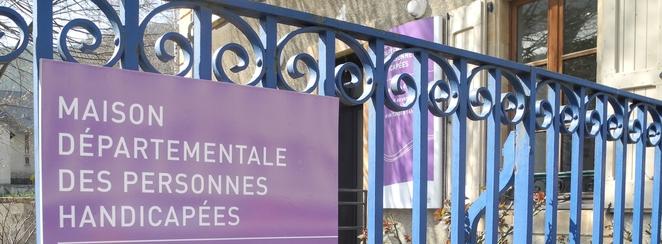
We started above by mentioning an H-word. Let’s talk about disability: this is the second step in the legal journey of a person with invdupdel8p, in France. According to the government website, Maison Départementale des Personnes Handicapées (MDPH), “The MDPH informs and accompanies people with disabilities and their families as soon as the disability is announced and throughout its evolution”…
“As soon as the disability is announced“ is a heavy passage, indeed, when we hear it for the first time, concerning our loved one or ourselves. It is not easy to associate genetic disease directly with disability, more commonly we tend to stick physical and/or intellectual stereotypes to the word disability since we have not been sufficiently confronted with people with disabilities of all kinds. We are all victims because we do not talk comfortably enough about this subject in modern society.
Nevertheless, when it comes to a rare and little-known genetic disease such as invdupdel8p, where it is not possible to know with much precision how the genetic rearrangement will manifest itself in the daily life of the person concerned, it is certain that global delays, more or less severe depending on each individual, will occur. Using the term “disability” in everyday conversation can take many forms, not necessarily objective for the purpose of the official definition of the word[1], but it must be remembered that from a legal point of view, to say that a person is in a situation of disability, is not intended to highlight the difficulties of the person, but to protect the person in daily life across all areas of society. It is, therefore, essential to overcome the shock of the news (remember, you are not alone!), in order to move on to the stage of protecting human rights or your own rights.
All this being said, the procedure to follow is to contact the Departmental House of Disabled People (MDPH) of your department (France) to submit an application for recognition of disability, which will trigger – once the request has been validated – access to several types of technical, human and financial aids, among others.
[1] “Limitation of activity or restriction of participation in life in society due to impaired sensory, physical, mental, cognitive or psychic abilities.”, https://www.larousse.fr/dictionnaires/francais/handicap/38988
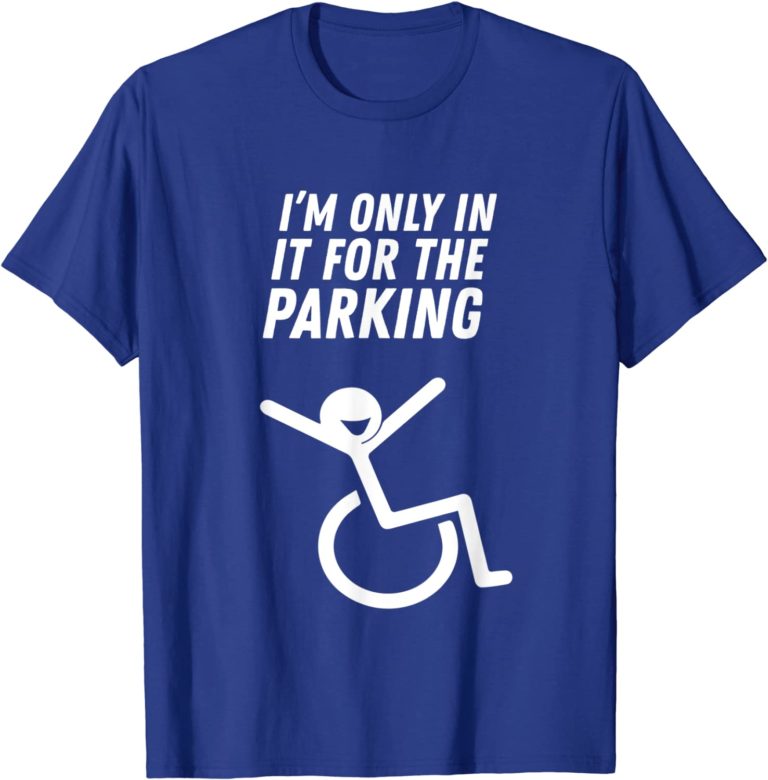
*Please note, the file you must complete is voluminous and requires a lot of supporting documents.*
We advise you to be accompanied to fill out this file, for example, with a social worker. Where can I find a social worker?
You can first ask:
- your Town Hall,
- your Family Allowances Fund (CAF),
- your Caisse Primaire d’Assurances Maladies (CPAM),
- your Medico-Social Centre (CMS),
- in a Centre d’Action Médico-Social Précoce (CAMSP) closest to you.
Take charge of this formality as soon as possible since the processing time is, infamously, long… very long. The processing times announced on MDPH’s sites do not necessarily correspond to reality and vary radically from one department to another. If you wish, do not hesitate to ask us, too, for a review of the testimony you will submit, because we have all already lived this experience and can bring you additional feedback.
A downside: there are territorial inequalities in the care of MDPH’s. Some families have a positive experience with the processing of their applications; others see their requests for certain more advanced care (technical and/or human, for example), refused, requiring to push the request further by making appeals, or even calls to the “Conciliator”. For more information and advice regarding the MDPH and the application file, here is an external site, unofficial, but very useful, The MDPH File. To download the file directly, go here.
Schools: What Are We Entitled To?
…and more and more!
Before you even get to the back-to-school stage, there is care of your young child to manage. How to deal with a child with a disability? The same childcare options are available to you as for a “neurotypical” child: nursery, nursery assistant, daycare centre, kindergarten and later, airy centre/leisure centre. Find out more directly from the government website: “Childcare for young children”. Think about what best suits your family life, and remember that a mix is quite possible.
Some of our families have used a mix of nursery assistant / nursery, nursery / nursery school, nursery school / leisure centre, to give some examples. Always remember that the main goal should remain the well-being of your child, although the ease of solutions for your family life is a very important element. Remember that you can’t do everything alone and that diversifying your child’s personal relationships also helps to find a balance not only for your child who will discover the outside world, but also for you, the parents/legal guardians. You can allow yourself to delegate the simple guard and the pleasure of playing, to other people too!
Assuming that you have already taken the steps with the Departmental House of People with Disabilities (MDPH) and have obtained the recognition of a disability rate for your child, know that even before entering kindergarten, you are entitled to request an Accompanying Student with Disabilities (AESH).
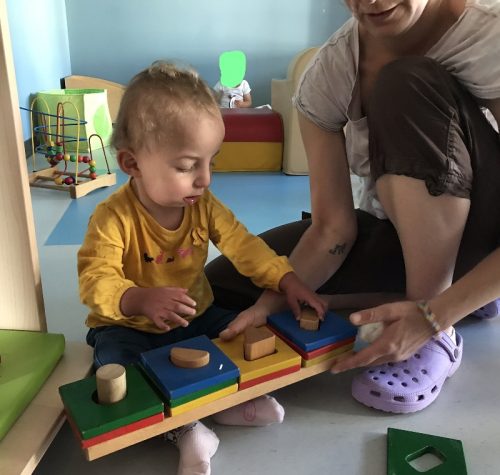
A place in a public nursery is interesting for a so-called “neuro-diverse” child because it can bring a beautiful awakening and socialization vis-à-vis the community; conversely, it raises awareness of the “difference” for the children around them, from an early age. Do you think there are no more places for your child in a nursery? Wait, there may be the possibility of making the little-known “Welcome For All“ device work to trigger financial assistance for the reception structure you are aiming for, in order to hire specialized staff to create a place just for your child. This was the experience of one of our French families “8p” and the benefits of the community welcome brought wonders!
Page 1, 2
Become A Member of La Maison 8p
Do you want to:
Bring your experiences, participate in our actions and projects,
Benefit from our resources and support?
Thanks to Yapla, you can pay your annual subscription by credit card directly online and
Return the signed statutes to us by e-mail.
Make A Donation
Do you want to support our efforts, without becoming a Member?
With only a few clicks, you can make a donation via Yapla, a secure online platform.
Choose the amount, use your credit card, and with no strings attached,
you will contribute to a good cause. Thank You Very Much!
Hébergement par Team Helper Hosting

